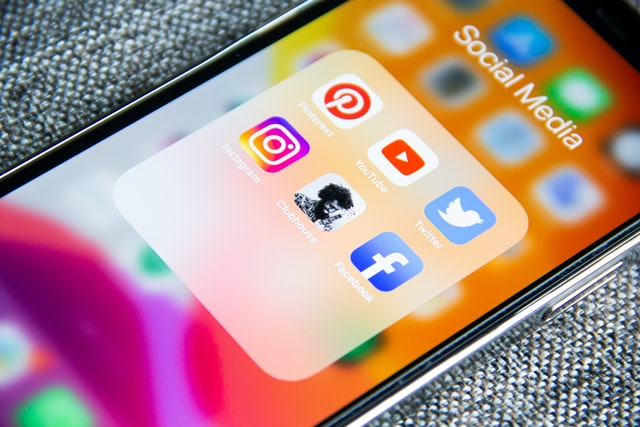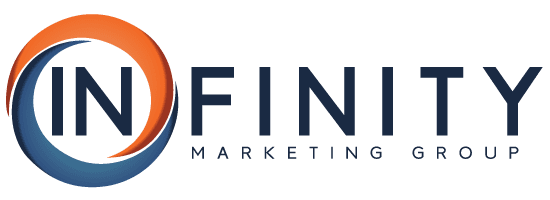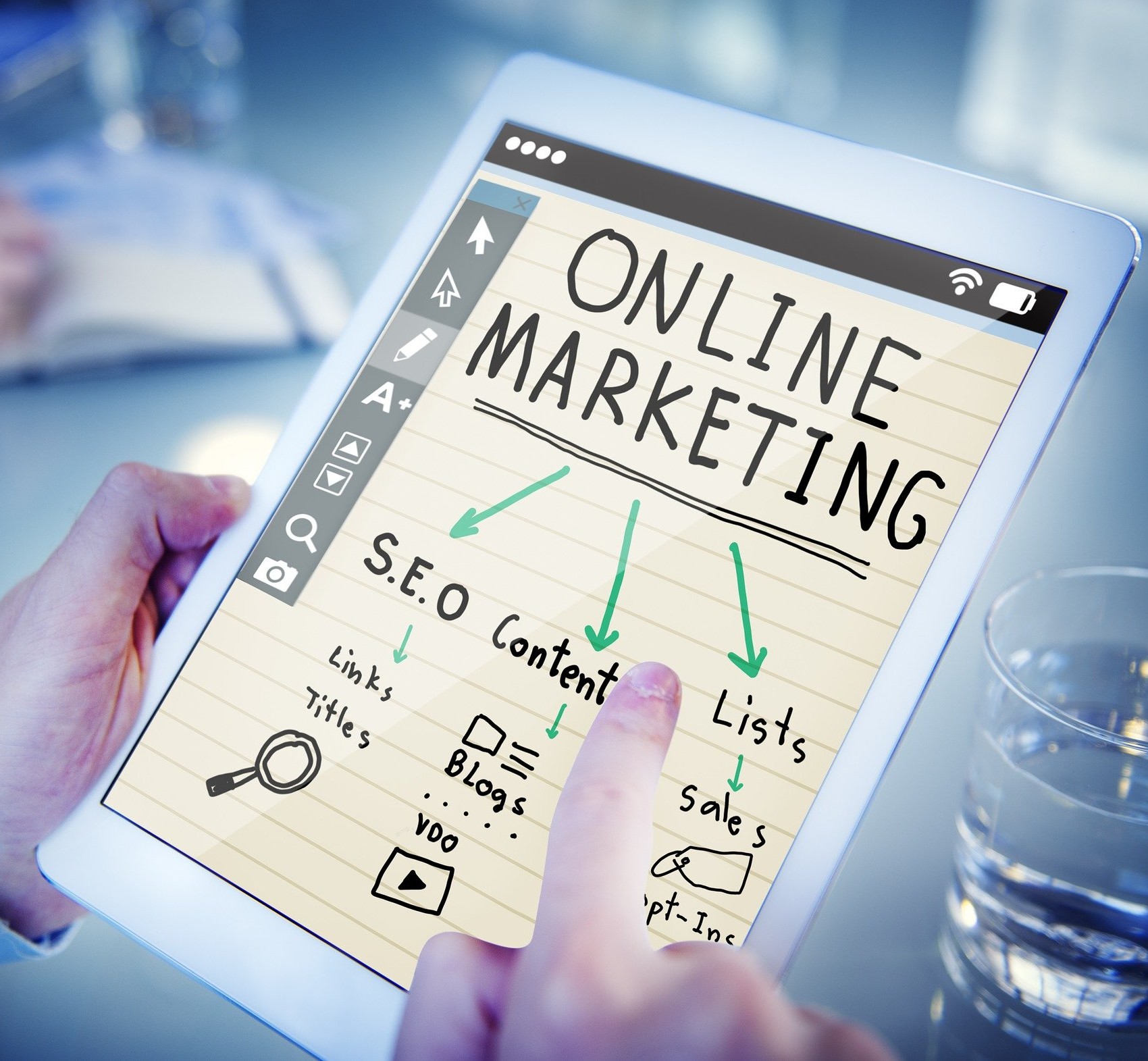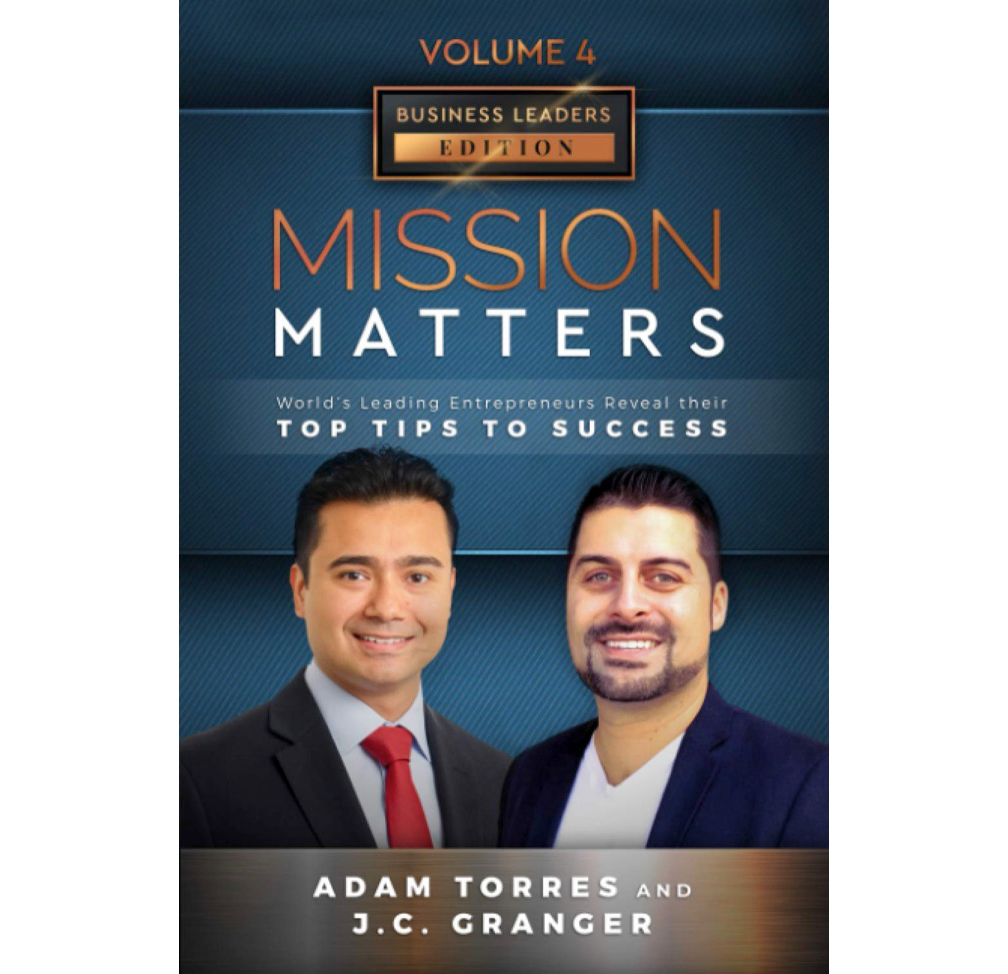Due to the Covid-19 pandemic, 2020 was a tumultuous year for many businesses. B2B companies that thrived during this challenging time often were able to do so by implementing unique digital and technology-driven marketing strategies. These strategies allowed businesses to stay connected with a broad audience, and are continuing to take the lead in 2021.
From creating a podcast that furthers your brand to using artificial intelligence, the following are the top B2B marketing strategies to implement into your marketing efforts. Marketing is changing more than ever before, and staying on top of these latest trends helps you execute strategic decisions as you stay ahead of your competitors.
Why Following B2B Marketing Trends Matters
Although some of the trends on this list have already been making a steady upward rise over the last several years, the Covid-19 pandemic accelerated many marketing changes. Traditional marketing strategies, such as cold calling and large-scale email blast campaigns, were already taking a backseat and in 2020 fell even more out of favor with consumers.
On top of this, with more consumers relying on e-commerce, digital strategies and tools are more important than ever to capture the attention of your target audience. Due to this, adapting current trends and understanding today’s top strategies are a necessity for B2B businesses. Identifying trends helps your business stay on top of the competition as you enhance your marketing strategies.
For example, two of the trends that are anticipated to continue into 2021 and beyond are the use of artificial intelligence to enhance customer experience, and the use of social media to connect with a worldwide audience. After the pandemic, nearly every industry will experience a lot of change and it’s essential, more than ever, to stay on top of the marketing trends that are impacting B2B organizations.
AI Tools
Artificial intelligence is one of the biggest B2B marketing trends because it allows B2B marketers to quickly decipher data and receive key insights on how well their marketing efforts are truly performing. Gathering this data and analyzing it for future improvement is one of the most important aspects to marketing success; AI reduces the effort and time required.
Another important aspect to AI is that it provides essential insight on customers and how to fulfill their needs. This is especially useful for marketing efforts that are time-sensitive. Often in marketing, it’s all about delivering the right engagement to customers at the right time. B2B marketers use AI tools to save time, execute personalized campaigns at the right time, and resolve customers’ needs right away.
Common AI Tools in B2B Marketing
AI has especially impacted B2B businesses by providing engaging and automatic tools. These tools streamline routine tasks, gain better customer insight, and achieve faster analysis.
This has led to a profound change in the way marketing efforts are conducted, as it frees up employees’ time to focus on other tasks and allows them to implement successful strategies. Routine tasks such as analysis and customer service can be accomplished through AI tools such as: 
- Chatbots, which provide quicker replies, enhanced services, and 24/7 attention to customers. Customers are able to get fast, simple replies to their questions and have their needs attended to right away.
- Search engine results page (SERPs) analysis, which helps B2B marketers understand what their audience is looking for, especially in terms of content. AI analyzes SERPs quickly to provide guidance on improving SEO. This bit of insight helps companies scale up their content to rank in top spots on results pages.
- Predictive models that estimate the best email frequency and send time for each subscriber on an email list. This drives email engagement and achieves higher open rates.
- Algorithms that enhance traditional A/B tests to test more than two variables at once and quickly identify the top-performing factors on websites, emails, and more.
- Content tools that compare articles on the same topic to determine which content is necessary for a business’s website. These tools are also highly useful in identifying keywords to target.
- Ecommerce tools that analyze consumer behavior to predict which products people prefer, key topics that customers are concerned with, and more.
Automation and Integration
B2B marketing strategies often involve the same repetitive actions, such as posting on social media and sending emails to a subscriber list. These marketing activities can be automated at almost every stage, from content creation to the analysis of how well an email campaign performed. Not only does automation make these tasks easier, but it can also improve customer experience overall.
There are a variety of marketing automation tools available, including platforms and plugins, that make marketing outreach more efficient than it’s ever been before. Different marketing activities can also be seamlessly integrated into automation systems, which are used by almost half of B2B brands.
Ideally, automation combines software with strategy to provide personalized content that helps convert leads. If you have a system in place to generate new leads, automation provides sophisticated tools for nurturing these leads into long-term customers. It’s an essential trend to leverage in 2021, as it streamlines marketing tasks and makes your strategies more efficiently executed.
Automation Technologies B2B Organizations Use
There’s a wide variety of automation software that B2B organizations use, but some of the most common ones include:
- Analytics tools such as dashboards and web analytics
- Content optimization
- Content collaboration and workflow
- Content management systems (CMS)
- Customer relationship management systems (CRM)
- Email marketing software
- Social media publishing and analytics
Email Personalization
Email is still a strong channel for B2B marketing. One of the best ways to leverage email marketing for your business is to create engaging, personalized content that grabs attention and generates higher open rates; the more your emails are opened, the more effective they are for generating revenue.
Email personalization has been shown to increase open rates; even personalizing a subject line can boost open rates by over 25%. With tailor-made, highly relevant content that is sent at the right time to the right person, you can leverage your email subscriber list as much as possible.
The point of personalization is to make people feel as if your brand is speaking to them, and to them only. Achieving this personalization for the hundreds of subscribers on your email list is where automation and AI tools come in. Many tools on the market simplify segmentation, messaging, and outreach.
This means personalization is easier and more quickly accomplished than ever, and the days of email blasting with low open rates are over. Now, companies can better measure the performance of their email campaigns and establish a trustworthy connection with their audiences.
How to Personalize Marketing Emails
You can personalize email campaigns by trying out some of these strategies:
- Segmenting your subscriber list and sending specific emails to a certain number of people instead of everyone. Segmenting can be based on a variety of factors, including demographic data such as age and location, as well as purchase history.
- Crafting engaging email subject lines that connect with your reader’s specific interests or preferences. Subject lines are the key to getting your emails opened in the first place.
- Including the subscriber’s name in the subject line or email content.
- Determining the best time of day to send emails to segments of your audience. In most cases for B2B, emails should be sent during typical business hours.
Need help creating an email marketing strategy? Infinity Marketing Group specializes in running B2B email campaigns. Using time-tested methods, our team of email experts creates campaigns that grow your email list and increase conversions. Interested in learning more? Check out their Email Marketing Service now.
Podcasting
Although podcasting may not be at the forefront of a lot of marketer’s minds, especially in B2B, podcasting is emerging as an effective way to connect with your audience. In fact, podcasts are one of the biggest marketing trends, as they provide an opportunity to create even more content and engage with customers on yet another level. 
If you’re looking to connect with auditory audiences who are constantly on the move, podcasts are a great option to take your content on the go and make deeper connections with a broader audience. Podcasts also tend to be more informal and present a different type of engagement, so some people may be more receptive toward listening to your podcast rather than more traditional marketing efforts.
The popularity of podcasting, in general, has been on the rise; there are currently 850,000 active podcasts and almost ⅓ of Americans listen to podcasts at least once a month. Although podcasts have been around for a while, the upward trend makes this an excellent time to create auditory content.
To add podcasting to your B2B marketing efforts, you can:
- Produce your own podcast.
- Network with podcast hosts to become a featured guest on other shows.
- Invest in advertisements that will air during podcast shows to promote your brand.
- Connect with a podcast booking service that will help match you to podcast opportunities.
Using LinkedIn for B2B Marketing
LinkedIn is one of the few social media platforms that was designed for professional networking and made for both individuals and businesses. It’s one of the best channels available for social media marketing and lead nurturing, so it’s an important B2B marketing trend to stay on top of.
Many businesses use LinkedIn to generate leads, post content and grow connections within their industry. With millions of members, LinkedIn is an ideal place for B2B marketers. Its relevance especially grew in 2020 due to the pandemic, when in-person events were replaced with webinars and online networking events.
Since the pandemic accelerated a few changes that were already in the making, LinkedIn is likely going to stay strong as a networking platform. With more people working from home and more professional online events than before, LinkedIn will continue to experience an increase in users and content creation, all with the central purpose of connecting professionals from around the world.
There are two tools that especially help B2B businesses leverage their presence on LinkedIn: LinkedIn’s Sales Navigator, and the platform’s Publishing tool.
LinkedIn Sales Navigator
LinkedIn uniquely provides its LinkedIn Sales Navigator, a version of the platform that goes beyond what their Premium version offers, as it was designed specifically for sales professionals. The Sales Navigator makes it easier than ever for B2B marketers to organically discover and nurture leads. On top of that, LinkedIn Sales Navigator provides you with benefits such as connections to out-of-network professionals, sales insights, and advanced searches.
LinkedIn Publishing
LinkedIn has its own publishing tool that further expands your connection with customers and increases your brand’s authority. By publishing professional content that adds value for your audience, you can enhance your company’s professional identity and outreach on the platform. LinkedIn Publishing is one of the often-forgotten tools to LinkedIn that can be invaluable to B2B marketers who are looking for further ways to expand their marketing efforts.
Immersive Digital Experiences

More than ever, businesses need to prioritize digital environments and offer the modern customer experience that all buyers will be looking for. Even in the B2B market, buyers demand convenience, speed, efficiency, and technology that is up-to-date. They want to resolve their needs as soon as possible, whether they’re searching for content, a key piece of information, or a specific product.
Your B2B marketing strategies need to provide an engaging, interactive customer experience that delivers quickly. This focus on speed and digital efficiency is largely influenced by demographics; most B2B buyers are millennials. Digital interaction is a large part of their purchasing habits and lifestyles.
Because of this demographic influence, B2B businesses need to:
- Go beyond traditional marketing strategies like email and webinars. Instead, incorporate interactive elements into your marketing campaigns to capture your millennial audience’s attention. Use elements such as breakout sessions, polls, games, and surveys.
- Employ fast protocols to resolve problems such as customer experience or issues with certain products.
- Quickly address negative reviews or commentary on review platforms such as social media. A negative online presence leads to fewer leads and may damage your business’s reputation. Successful companies acknowledge comments on social media and respond to both positive and negative reviews.
- Ensure that websites and applications are mobile-friendly and provide a positive user experience. It also shouldn’t be difficult to find information about your company online. If it takes too long to find information or your website takes too long to load, a frustrated B2B buyer will turn elsewhere.
B2C companies have dealt with many of these aspects for years. However, a positive and engaging digital experience is becoming more important for B2B brands as well.
Repurposing Content
Another trend that many B2B companies are taking on is repurposing long-form content. Evergreen content, guides, and in-depth articles are ideal pieces that can be repurposed for continuous optimization.
While many businesses have made small adjustments to their long-form content so it continues to rank highly in search engine results pages (SERPs), you can also break that content into smaller parts and post the re-organized content on marketing channels other than your website. Some of the best examples are repurposing content for LinkedIn and social media posts.

To repurpose content, you can:
- Split the long-form content into a series of posts.
- Take key points of an initial in-depth article and turn them into a poll or survey.
- Create an infographic to present the main information of the piece in a fresh way.
By utilizing your different distribution channels, you can take the content that is foundational for your brand and repurpose it so even more people are able to see or interact with the information. This is a great strategy that gets more eyes on valuable content. Just keep in mind that repurposing is most ideal for content that is considered to be evergreen.
Leverage B2B Marketing Strategies for Your Business
As technology advances each year and consumers change their spending habits, it’s essential to stay on top of the latest marketing trends so your business remains a leader in your industry. The 2020 pandemic especially made an impact on purchasing habits and in some cases enhanced changes that were already set into motion. Staying on top of emerging trends and keeping a creative, open mind will help you establish a successful B2B marketing strategy.
While you can try out each of the trends listed above one at a time, they work best in tandem with your overall marketing plan. When you use every tool at your disposal, you can stay ahead of the competition. 2021 will be full of experimentation and change, but implementing this year’s trends will help focus your business’s marketing efforts.
Want to learn more about B2B marketing trends and how you can leverage them for your business? Infinity Marketing Group specializes in B2B marketing and can help you establish a successful marketing strategy that incorporates these newest trends to convert leads.











